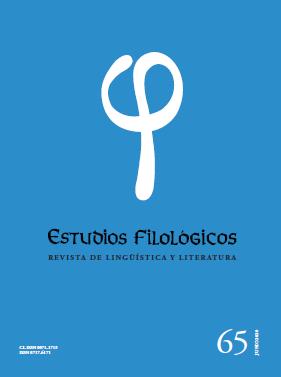The Mediterranean as a “Rhetorical Community”: Prologue Paratexts and Early Arab-Islamic Historiography
Main Article Content
Abstract
This paper proposes a way to study the prologue paratexts, which have not been worked as a whole in the case of Arab-Islamic historiography. The aim is to study the paratexts themselves, but also in relation to the analysis of Latin and Byzantine prologues in order to establish comparisons and contrasts and identify peculiarities between East and West in the general framework of the late and medieval historiographies and the influences from the mediterranean, allowing to appreciate its value as a “circulation space” of knowledge and traditions that imply the continuity of a common intellectual register. In other words, to analyze texts in their contexts. In this sense, we assess these circulations in the context of the so-called “mediterranean consonance” concerning the writing of history between the 4th and the 10th centuries. It is in this space that mediates between the 7th and 9th centuries that the bridge connecting those worlds is built thanks to the islamic conquest of the Medieval Near East, where the greco-roman tradition had already deeply penetrated, and the consolidation of the Islamic Empire after the Battle of Talas and the conquest of North Africa in the Umayyad era.

